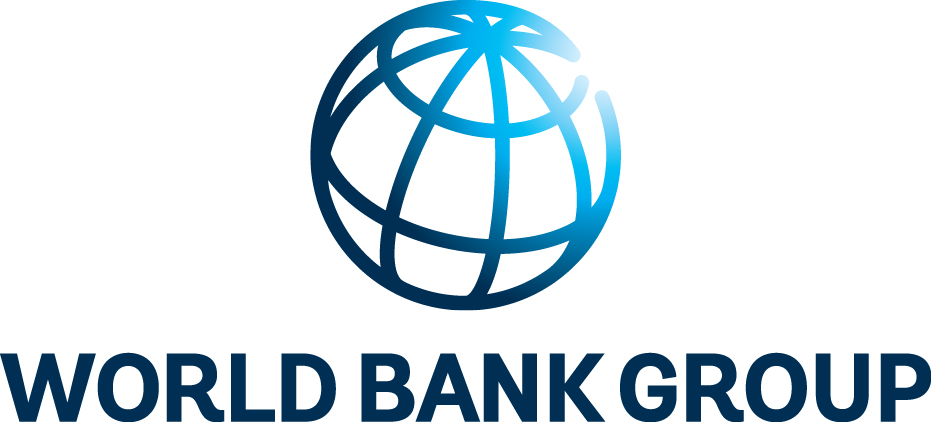Having cut Nigeria’s projected growth in its Nigeria Development Update to 3.1 per cent from 3.8 per cent last year; the World Bank has a slower growth of 2.9 per cent for Nigeria in 2023.
The World Bank, in its latest Global Economic Prospects released yesterday, said Nigeria’s slower growth for 2023 and 2024 is a reflection of the downturn in its oil sector as well as the aftermath of rising insecurity and flooding.
According to the Brenton Wood institution, Nigeria’s growth which is projected to decelerate to 2.9 percent in 2023 and remain at that pace in 2024 will be barely above population growth.
“A growth momentum in the non-oil sector is likely to be restrained by continued weakness in the oil sector. Existing production and security challenges, and a moderation in oil prices are expected to hinder a recovery in oil output.
Growth in agriculture is expected to soften because of the damage from last year’s floods. The fiscal position is expected to remain weak because of high borrowing costs, lower energy prices, a sluggish growth of oil production, and a subdued activity in the non-oil sectors,” it pointed out.
The report noted that increased insecurity has worsened fragility and is expected to reduce access to food for many more people across the region. It noted that the resulting increases in the number of poor, especially, in countries like Nigeria, where many people were already experiencing acute food insecurity because of violence and conflict are expected to weigh on economic recoveries.
“The incidence of violence and conflict in SSA remains elevated, particularly in the Sahel region, but also elsewhere, such as in Mozambique and Nigeria. Such violence, a major driver of food insecurity and poverty, could further disrupt farming activities and the flow of humanitarian aid, as well as trigger delays of large-scale investment projects in extractive sectors in some countries,” according to the report.

Growth in Nigeria weakened to 3.1 percentage point downgrade from the June projection. Oil output dropped to one million barrels per day, down by over 40 percent compared to its 2019 level, reflecting technical problems, insecurity, rising production costs, theft, lack of payment discipline in joint ventures, and persistent underinvestment, partly because of the diversion of oil revenues to petrol subsidies, estimated at over 2 percent of GDP in 2022.
A strong recovery in non-oil sectors moderated in the second half of the year as floods and surging consumer prices (annual inflation surpassed 21 percent for the first time in 17 years) disrupted activity and depressed consumer demand.
Persistent fuel and foreign exchange shortages, with the naira depreciating by over 30 per cent last year in the parallel market, further dampened economic activity.

